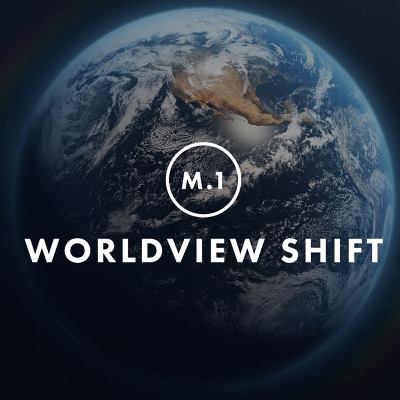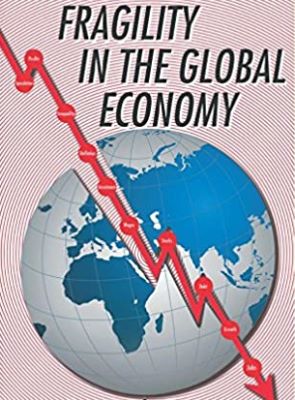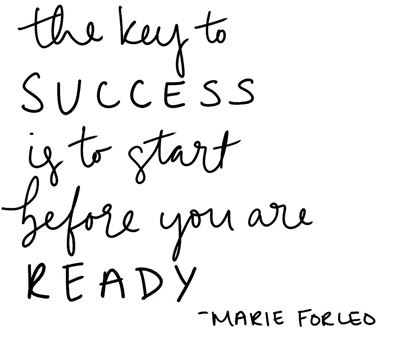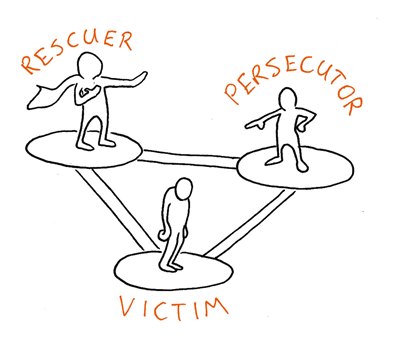This interesting article in the Atlantic “How the Pandemic Will End” points an interesting parallel with the AIDS epidemics as to how behaviors changed as a result.
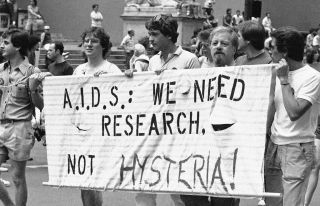
“The rise of HIV and AIDS completely changed sexual behavior among young people who were coming into sexual maturity at the height of the epidemic. The use of condoms became normalized. Testing for STDs became mainstream. Similarly, washing your hands for 20 seconds, a habit that has historically been hard to enshrine even in hospitals, may be one of those behaviors that we become so accustomed to in the course of this outbreak that we don’t think about them.”
We can certainly aspect that certain habits and behaviors related to health and personal hygiene will change. We can for example expect that in western countries, wearing masks in public will probably become mainstream and polite as it is in Asia (as a way to protect others from your microbes). It will become more normal to stay home when we have the flu.
Just as AIDS had a deep and profound impact on the young generation at that time, so we can expect this crisis to have a deep impact on the current younger generation as it will influence their world view for the years to come.

